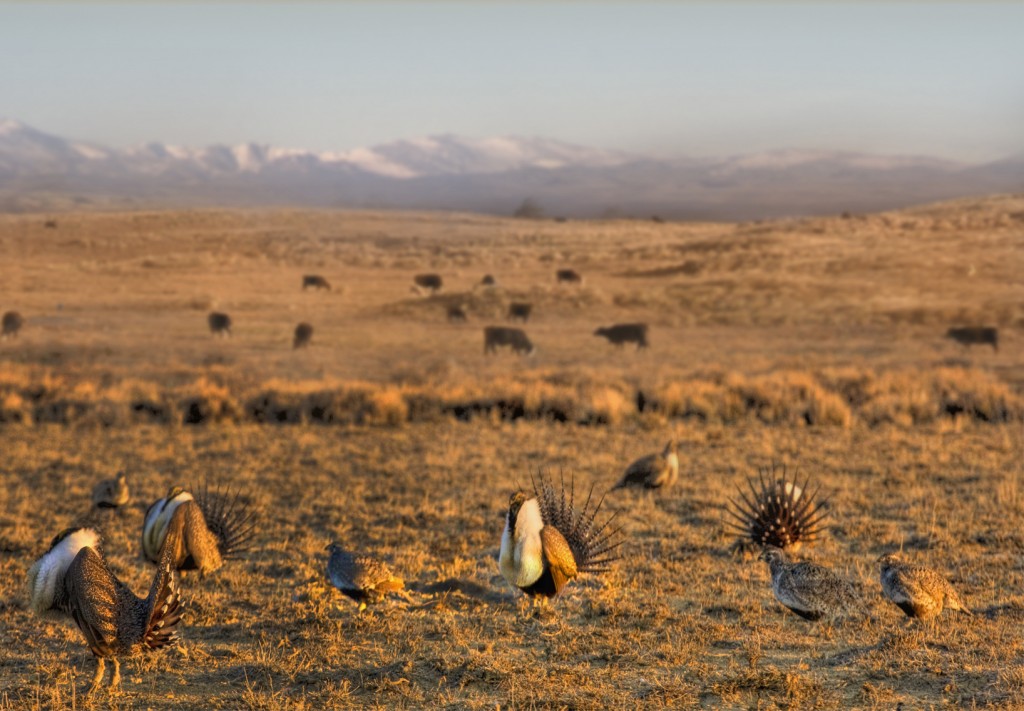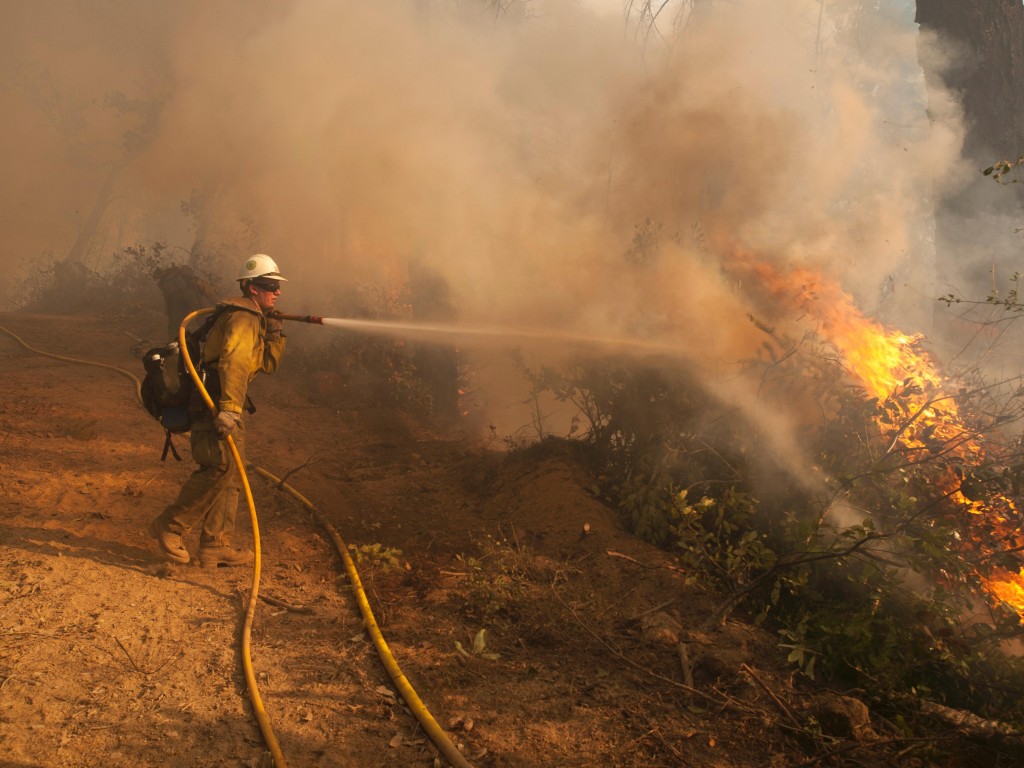The Top Four Things Lawmakers Can Do for Conservation by the End of 2016

It’s that time of year, when the nation’s hunters begin to sight-in rifles in preparation for the deer woods and clean last year’s feathers and shell casings out of the dove bucket. But for a few hunters, like me, who have to while away the days in Washington, the autumns of even-numbered years sometimes contain a flurry of activity that keeps us out of our duck blinds and deer stands: This is the end-of-the-year push to meet a cascade of tight political deadlines that come with an election and the official end of Congress. The end of the 114th Congress promises a similar array of action, some of which could have profound impacts on conservation policies that are important to sportsmen and women across the country.

Don’t Lock In 2016 Funding Levels
First and foremost, a comprehensive funding bill for fiscal year 2017 could be debated by Congress in November and December. We expect a stop-gap continuing resolution, meant to keep government running through mid-December, to be passed by Congress sometime in the next few weeks. This development, by design, leaves the window of opportunity open for a more deliberate funding bill—one that allows Congress to actually make funding decisions on a program-by-program level, instead of just funding everything at last year’s levels. Of course, as TRCP advocates for an omnibus funding bill, we’ll be lobbying for sensible increases in priority funding areas, like for Everglades restoration, North American Wetlands Conservation Act projects, and Farm Bill conservation programs.
Let Conservation Work for Sage Grouse
Of course, every potential opportunity in Washington seems to come with its share of risks, and anything that is deemed “must-pass” becomes a potential vehicle for last-minute mischief. What TRCP is most worried about is an effort to derail federal sage grouse conservation plans, a threat that has manifested itself not only as a rider in the appropriations process, but also as a provision within the must-pass National Defense Authorization Act, annual legislation that keeps the military operating smoothly. The provision as it currently exists, and as TRCP has strenuously opposed in all its guises for months, would give state governors veto authority over conservation plans on federal public lands. This would not only threaten what might be perhaps the greatest western wildlife conservation effort in generations, but also represents an unprecedented shift in national public lands management authority.

Pass Sportsmen’s Act and Wildfire Funding Fix
Off the must-pass list, but certainly on the TRCP radar, are the ongoing negotiations between the House and Senate around comprehensive energy legislation, discussions that could produce agreement on some things that TRCP has prioritized, such as provisions to increase active management of our national forests, ending the damaging budgetary practice of ‘fire borrowing’ and, very importantly, a deal to finally get key provisions of the Bipartisan Sportsmen’s Act on the President’s desk. Energy conference provisions that survive the negotiation process could become fodder for inclusion in the omnibus spending bill I mentioned earlier, as energy leaders search for a must-pass vehicle.
Give Habitat a Happy New Year
I always plan a duck hunt on the shores of the Chesapeake Bay for the last morning of the year. Here’s hoping we can close out 2016 with plenty of canvasbacks committed to the decoy spread and a Congressional session that ends with good tidings for conservation in the New Year. If we see better funding for key conservation programs, no bad sage grouse provisions, sensible improvements to national forest management, an end to fire borrowing, and all, or most of, the Bipartisan Sportsmen’s Act getting across the finish line, I’ll be celebrating.
Be the first to know about how these important issues are progressing and how you can get involved—sign up for The Roosevelt Report, and check back on the blog every Monday for a newGlassing the Hill, The TRCP’s scouting report on sportsmen’s issues in Congress.

























